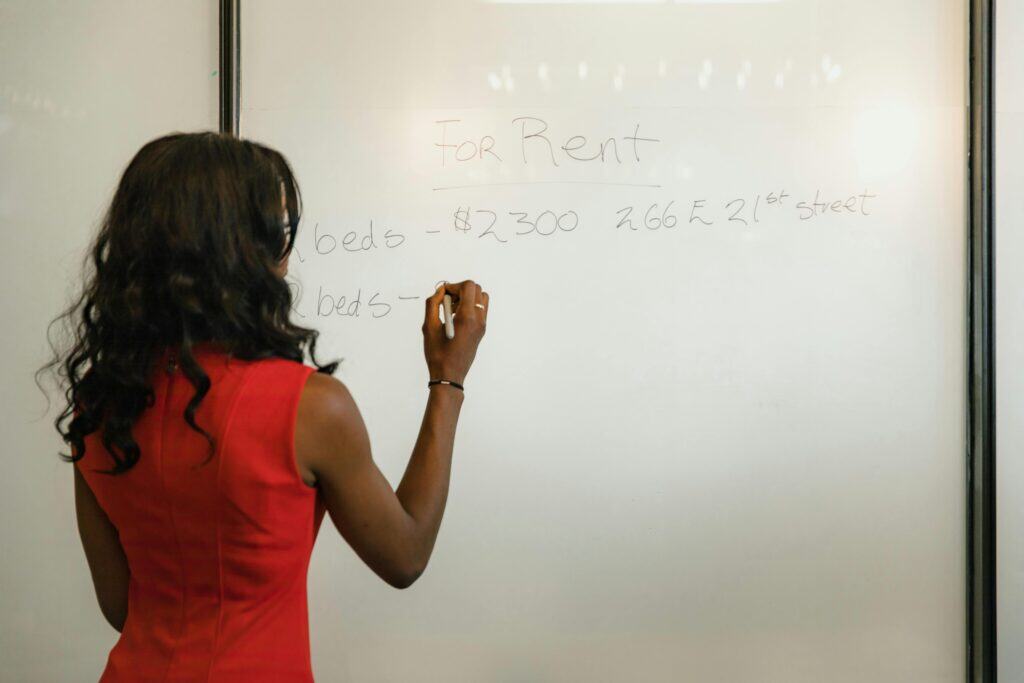When the World Health Organization (WHO) declared the novel Coronavirus (COVID-19) a pandemic, it affected California residents drastically. Specifically, most of the California economy was shut down, leaving many residents without jobs or any source of income. Making residential real estate one of the hardest-hit sectors affected by the COVID-19 pandemic. In any event, everyone is left to pick up the pieces, including landlords dealing with potential evictions and collecting back rent from tenants that accrued while California was shut down.
To help address this looming housing crisis, on January 29, 2021, the California legislature implemented statewide tenant protections and implemented a process to help tenants and landlords financially statewide.
Below we will discuss these protections under the COVID-19 Tenant Relief Act, explicitly focusing on what property managers and landlords can do to collect rent arrears accrued during the pandemic.
How Are Tenants Protected Under California’s COVID-19 Tenant Relief Act?
The COVID-19 Tenant Relief Act aims to protect those California residents who are struggling as a result of COVID-19. This includes those tenants who have increased expenses due to COVID-19 or those who have lost income or otherwise struggling financially. If the tenant meets certain requirements, they are protected from legal eviction from March 1, 2020, through June 30, 2021.
The COVID-19 Tenant Relief Act breaks down tenant protections as follows:
Rent owed to the Landlord from March 1, 2020, through August 31, 2020.
For rent accrued during this period, as long as the tenant has completed The COVID-19 declaration form, attesting that they have a current “COVID-19 related financial distress,” the landlord cannot evict them because they were not able to pay the rent.
Rent owed to the landlord from September 1, 2020, through June 30th, 2021.
For tenants who complete the COVID-19 declaration form stating that they have a COVID-19 related financial distress AND they pay 25% of any rent due and owing to the landlord, on or before June 30, 2021, they cannot be evicted because they do not pay the other 75% of their rent.
Specifically, tenants have the option of paying the 25% monthly or in a lump sum as long as it’s paid before June 30, 2021.
Moreover, during this time, landlords cannot charge tenants late fees or any interest on past due rent that accumulated between March 1, 2020, through June 30, 2021.
What if a Tenant Makes A Payment But Still Owes Rent Arrears?
In the event that the tenant does make a rent payment to the landlord, the landlord or property manager must apply this payment towards the current month’s rent that is due. The only exception to this is if the tenant signs a statement in writing that the landlord can use their rent payment towards the past due rent. Similarly, landlords and property managers cannot use the tenant’s security deposit to cover past due rent accrued during COVID-19 unless the tenant agrees to this arrangement in writing.
How Are Tenants Protected?
If a landlord or property manager seeks to evict a tenant for rent that has accrued between March 2020 through June 2021, the landlord or property manager is required to serve the tenant with a legal notice to “pay rent or quit.” The notice must also provide an explanation of the new law as well as a declaration form that the tenant can sign and return to the landlord or property manager if the tenant has a history of earning a high income and the landlord has proof of this, the landlord or property manager may request proof of the tenant’s COVID-19 financial hardship. However, for the most part, landlords or property managers in California are not permitted to ask for any type of documentation attesting to this hardship.
What Happens After July 1, 2021?
After July 1, 2021, landlords will be permitted to take tenants to regular court for unpaid rent. However, keep in mind that if the landlord has received any type of government assistance during COVID-19, they will be unable to sue the tenant in court for unpaid rent.
Moreover, keep in mind that even if the tenant cannot pay the 25% required under the new law, there are still additional provisions designed to protect tenants who have completed the declaration declaring that they have a COVID-19 related financial distress.
What About Collecting Past Due Rent in Small Claims Court?
While California landlords have always had the option of using Small Claims Court to collect rental arrears, commencing an eviction proceeding or unlawful detainer proceeding was always the better and faster option. However, with COVID-19 and the California eviction moratorium, that all changed. Specifically, it used to be that landlords were limited in that they couldn’t sue for an amount greater than $10,000.00 or file more than two separate cases in Small Claims Court. However, the new law changed these provisions, and now there is no limit on how much a landlord or property manager may sue a tenant for back rent in Small Claims Court. Landlords are also permitted to sue more than two tenants in a calendar year. Keep in mind that you still may sue tenants for past due rent even if they sent in a hardship declaration or paid 25% of the rent, etc., starting July 1, 2021.
Give AllView a Call!
AllView Real Estate Management is Orange County’s premier property management and investment firm. We offer not only exceptional property management, but also real estate investment consulting and management. Call us at (949) 400-4275 or send us an email at info@allviewrealestate.com for real estate investment expertise.



